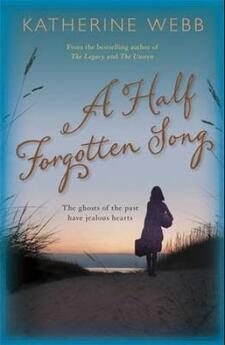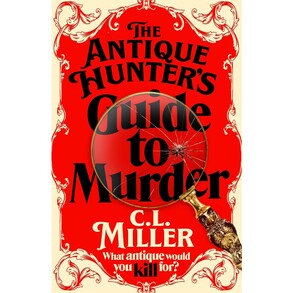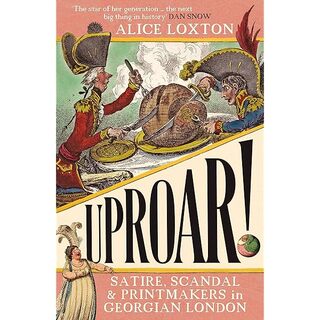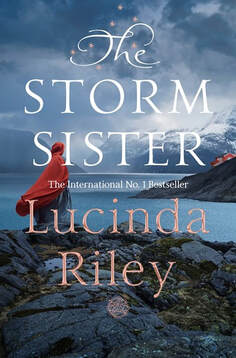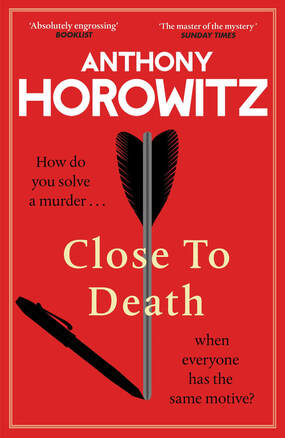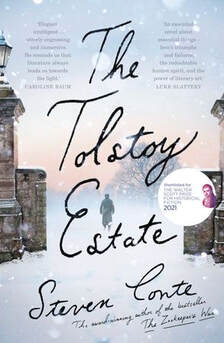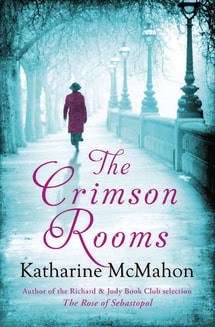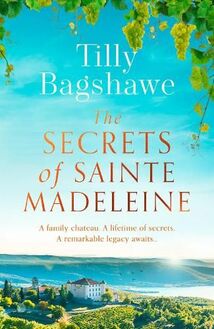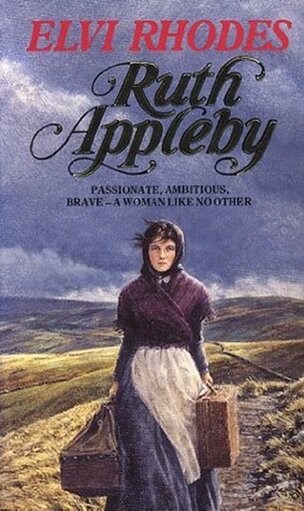Reviews
Categories
I read and review both historical fiction and non-fiction, but also enjoy biographies, crime and some contemporary fiction.
Please note that unless stated that I have received these books directly from the publisher or author in exchange for an honest review, I either purchase my own copies or source them from my local library service.
Links to Amazon, Booktopia or Dymocks in Australia are only for the reader's reference.
(Note: as of July 2024, Booktopia is in voluntary administration. Whether this will affect book sales is not yet known.)
My reviews for Historical Novels Review, the magazine of the Historical Novel Society, can be found online here











